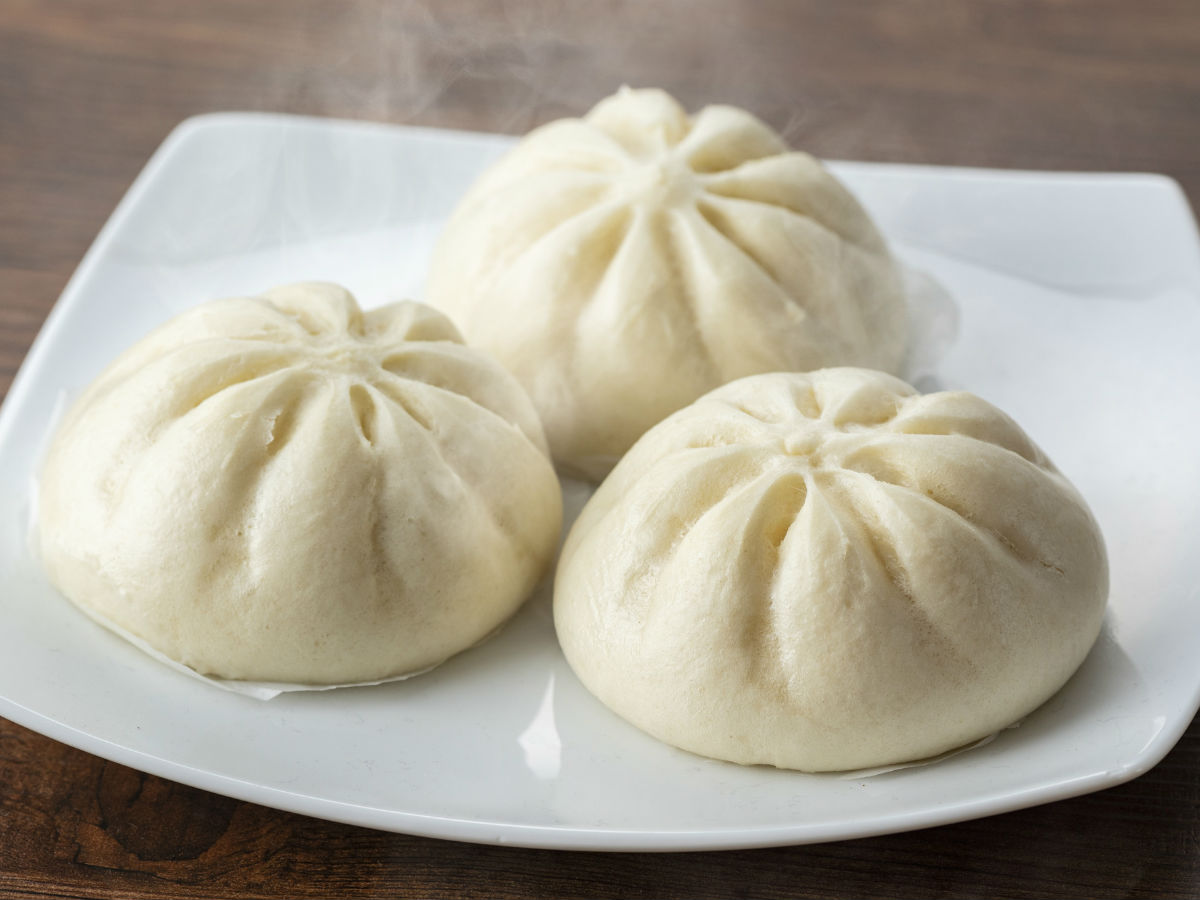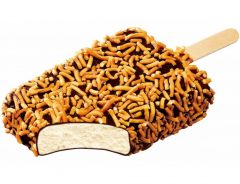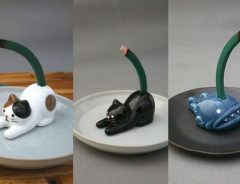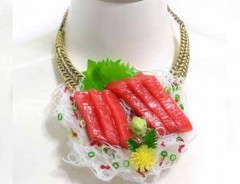
Source: チリーズ / PIXTA(ピクスタ)
‘Japanese Week’ sees The Great British Bake Off labelled as racist by viewers
- Tags:
- Cakes / Japan / Racism / Social Issues / Television / The Great British Bake Off
Related Article
-

Baby Star Ramen Chicken noodle ice cream bars now available in Japan
-

Los Angeles Metro Turns To J-Pop And Anime Girls To Teach Train Manners
-

Smell Kawaii With Chibi Mosquito Repellent Incense Cat And Anglerfish Stands From Japan
-

Spend A Luxurious Vacation In These Japanese Art-Themed Rooms
-

The Art Of Japanese Food Samples (Now Wearable As Jewelry!)
-

Photographer captures perfect shots of Japan’s Great Buddha “crying”


A heated discussion has erupted over last week’s episode of The Great British Bake Off.
A number of complaints have been sent in to Ofcom (the national British communications regulation service) as some viewers were left feeling ‘offended’ by the show’s ‘Japanese Week’.
During the episode, the contestants were presented with 3 challenges inspired by the theme of Japan; Steamed Buns, Matcha Mille Feuille and ‘Kawaii Cakes’.
The show started off with a request of 8 steamed buns with a filling of the contestant’s choice. Right from the get-go fans we’re quick to point out that although ‘Nikuman’ – as they were referred to in the show – is the Japanese name for steamed buns (commonly filled with pork chashu), in reality the dish finds its origins rooted in Chinese cuisine.
Whilst some found the challenge of making steamed buns for ‘Japanese Week’ ignorant of actual Japanese cuisine, others criticised the choices of fillings used by the bakers.
Further criticism flowed in when the contestants chose to substitute authentic Japanese flavours with Indian Dahl, Chinese stir fry and Chinese style pork fillings. The final blow came as two of the contestants botched their designs, with one styling the pork buns to look like an American style cheeseburger and fries, whilst another designed hers to resemble pandas, which are native to China and not Japan.
The odd choice of dish, flavours, and the culturally ignorant designs left viewers feeling as if the episode had generalised all Asian food with Japan and was contributing to the racist idea that ‘all Asians are the same”.
Challenge number two saw the contestants take on the Mille Feuille crepe cake, which fans pointed out, despite the fact it can commonly be found within Japanese cake stores, just like the steamed buns, the Mille Feuille crepe cake does not originate from Japan. In an attempt to Japanify the cake (or perhaps to hide the second cultural glitch of the episode), the contestants were asked to flavour their layered crepes with Matcha.
Whilst Matcha is a popular flavouring used in desserts and drinks in Japan, it is still gaining its feet in Britain’s food and drink community. A few of the contestants weren’t worried about sharing their own personal disgust for the green powder, which – although they are entitled to their own opinion – came across as culturally insensitive and rude.
Twitter user @Chris_Alex shared his take away from the challenge;
The episode finished off with a ‘showstopper challenge’, in which the bakers had 4 hours to design, bake and decorate a ‘Kawaii Cake’ in celebration of Japan’s love of all things ‘cute’. Designs ranged from a cake resembling a Shiba Inu, a toadstool, a pineapple and an avocado. Perhaps it was the typically un-Japanese creations (with the exception of the Shiba Inu cake), or the choice of the word ‘Kawaii’ when it seemed that anything ‘cute’ would go, whatever the reason, viewers we’re left sour and disappointed by last week’s showstopper.
On another note, Japanese lovers watching the show voiced the humorous and ironic mispronunciation of the word ‘kawaii’ by the hosts, judges and contestants. A common mistake by new learners of the Japanese language, the participants of the show kept slipping up and uttering ‘kowai’ instead of ‘kawaii’. Similar in syllables and in sounds, the two words couldn’t be further apart in meaning, with ‘kawaii’ meaning ‘cute, and ‘kowai’ meaning scary. Though forgivable, the mistakes make for a number of great giggle moments towards the end of the episode.
Despite drawing in about 7 million viewers, the episode has been described as ‘ignorant and discriminatory’, ‘culturally insensitive’ and ‘racist’. According to a report by The Sun Online, British broadcast regulator, Ofcom, received at least 15 complaints about the show, five of which were about racism within the episode.
Taking to twitter, a number of fans vented their views and disappointment of the week’s challenge;
Japanese born Torchwood actress Naoko Mori, was also keen to share her opinions on the episode:
Interestingly, some Japanese questioned whether the episode was actually racist, and not actually just ‘lacking research’. A number have pointed out that as steamed buns are a food found commonly in convenience stores across Japan, and as curry has been popularised in Japan through Katsu curry, the decisions made during the episode do in fact reflect Japanese culture.
@yamd1706 supported the showstopper ‘Kawaii Cake’ challenge; “(translated by Connie Sceaphierde) Kawaii and cute is part of Japanese culture. If they’re making it, it’s not a mistake”.
@skh_yoh defended the full episode, tweeting “(translated by Connie Sceaphierde) although this week’s theme did not ask for the production of foreign (in this case referring to non-traditional Japanese foods) dishes, it still resembles Japan, where you can mix and enjoy the food of other countries freely. In fact, Japanese curry rice was modeled after the British versions of Indian curry, and has grown to become a national dish with ingredients unique to Japan.”
@gilbert_torte tweeted “(translated by Connie Sceaphierde) This mistake is innocent and it’s not intentional. I, myself only know roast beef and fish and chips when it comes to British food…”
The jury is still out on whether the episode could have been better planned for Japanese week, however it seems to have raised an important issue and brought to light a much needed discussion about the lack of cultural awareness amongst individuals, businesses and productions.